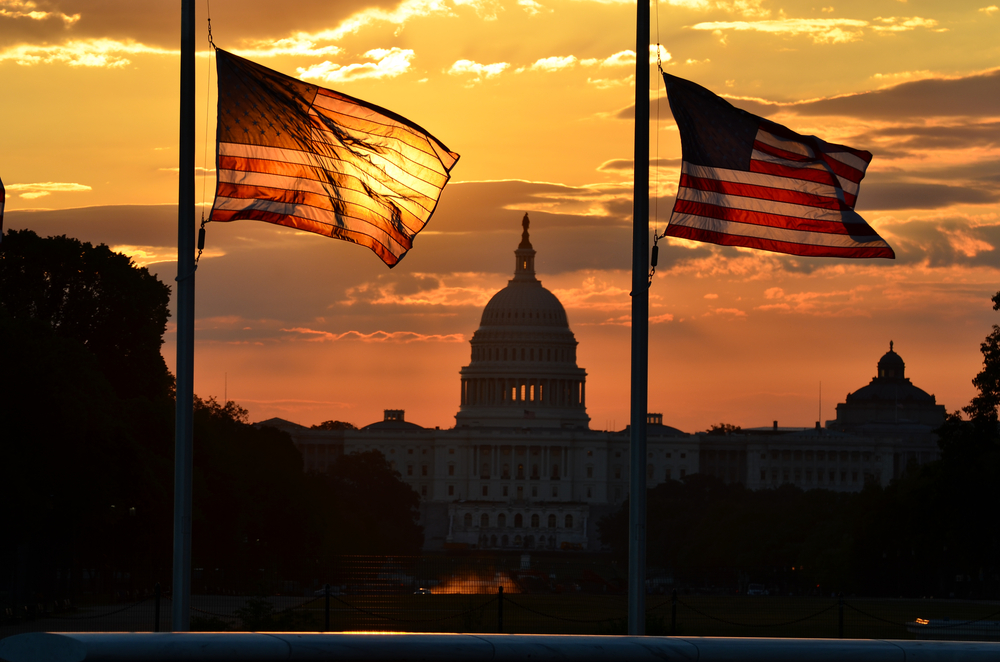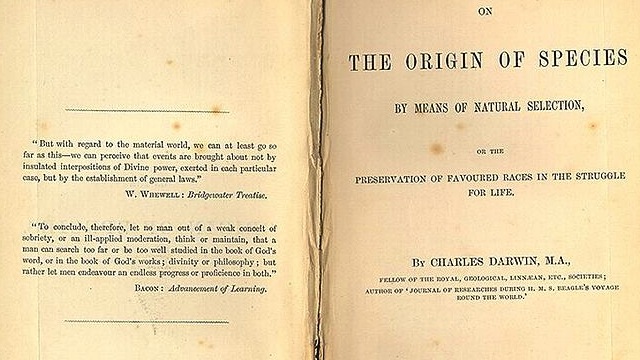Tax Code: America’s Next Civil Rights Movement?

What’s the Latest Development?
On February 13, the deadline for comments on a federal financial regulation known as the Volcker Rule expired. Federal meetings over the rule, which is intended to keep banks from making ultra-risky bets on the market, were attended by only one consumer-advocacy group. The rest of the meetings were negotiations between representatives of big banks, who want to water down the regulation, and the government. This is typical of the American Left when it comes to financial policy, says Jeff Strabone. When will they start showing up to the fight?
What’s the Big Idea?
In the last 50 years, civil rights have come a long way in the US. But what about income equality? Under Ronald Reagan, as the highest marginal income tax rate fell from 70 to 28 percent, progressive taxation essentially ended. Since then, capital gains taxes, estate taxes and corporate taxes have all fallen. Lack of government revenue has been felt sharply by schools who have shortened class time and the school year to government judges who had not received a pay raise in 12 years. Does anti-tax ideology have a stranglehold on our politics?
Photo credit: shutterstock.com



